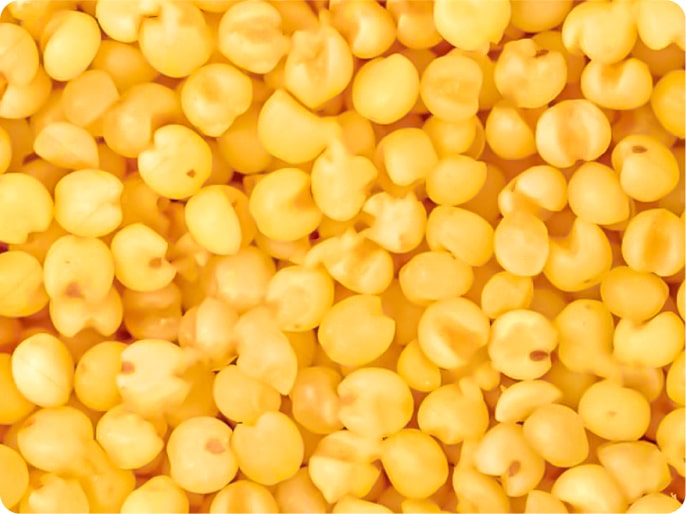
Another popular use of seeds is the production of mustard powder and plaster. The seed can be used for canning fish, mushrooms, vegetables. In cooking, they are used to prepare meat and vegetable dishes, minced meat, soups and broths.
Mustard powder is actively used in pharmaceuticals, not only in the production of mustard plasters, but also for bath powders.
